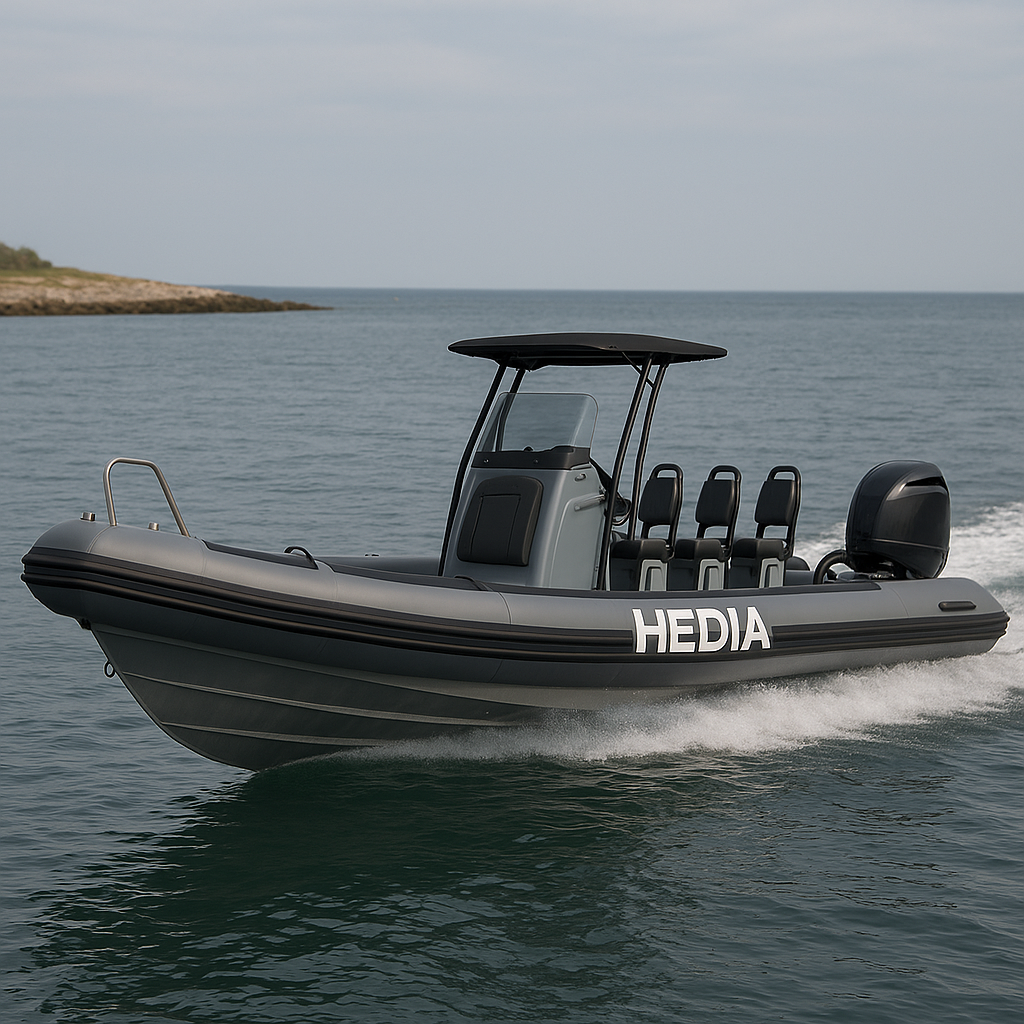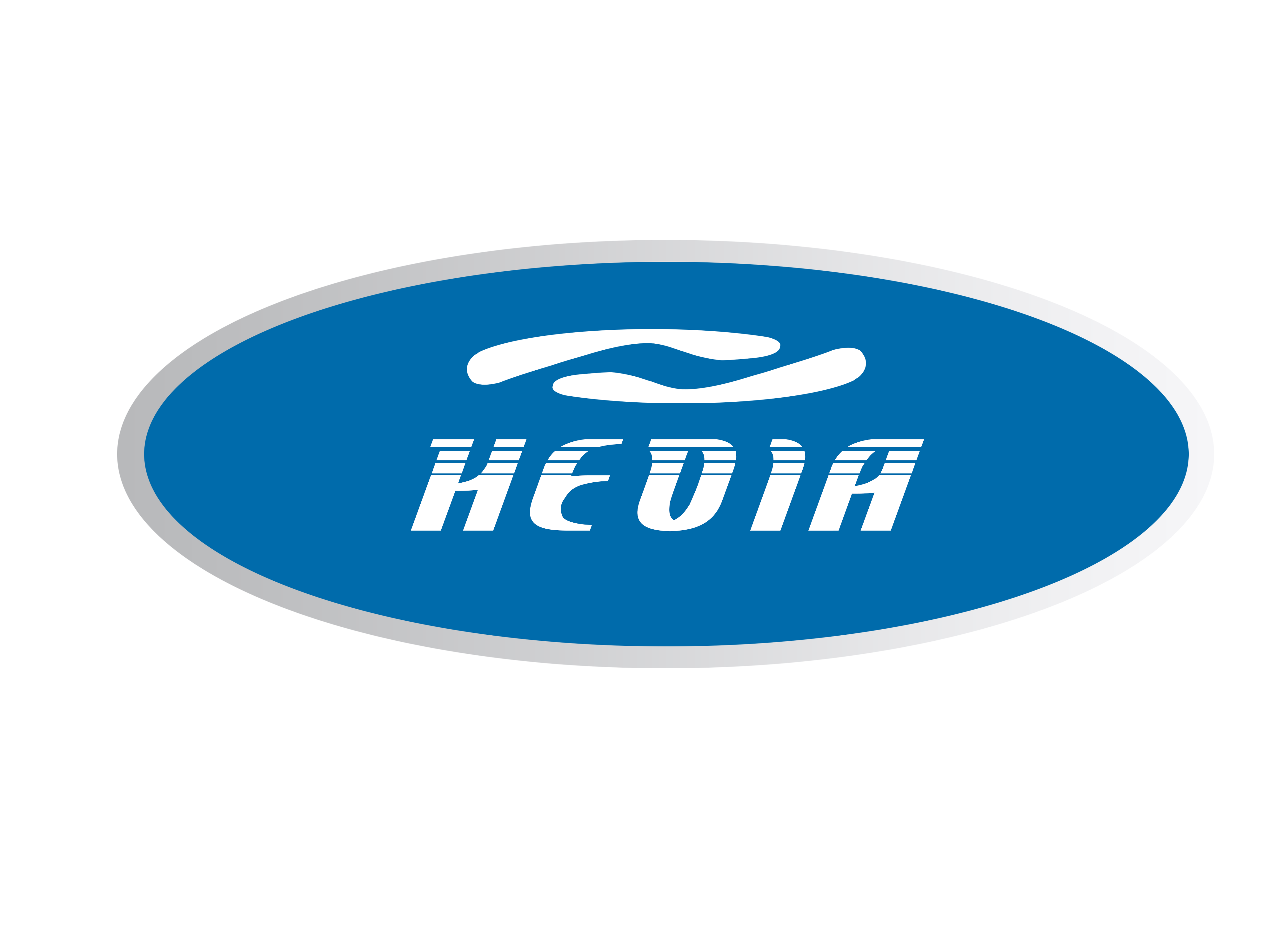Why Aluminum RIB Boats Outperform Traditional Options in Modern Marine Use
Rigid Inflatable Boats (RIBs) have gained rapid traction across recreational, commercial, and government maritime sectors. Among these, aluminum RIB boats stand out for their unmatched combination of strength, weight efficiency, and operational versatility.

Aluminum vs. Fiberglass: What's the Real Difference?
Most rib boat manufacturers offer both fiberglass and aluminum hulls, but aluminum presents significant performance and maintenance advantages:
-
Higher impact resistance: Aluminum bends under pressure; fiberglass cracks.
-
Superior strength-to-weight ratio: Marine-grade aluminum (typically 5083-H116) allows lighter builds without compromising integrity.
-
Ease of field repair: Aluminum hulls can be welded or patched directly onsite, while fiberglass needs full curing time.
-
Eco-friendliness: Aluminum is recyclable and has a smaller carbon footprint in long-term use.
Construction Process That Defines Quality
Modern aluminum rib boat production relies on precision fabrication. Leading manufacturers employ:
-
CNC laser/plasma cutting for component accuracy
-
TIG/MIG welding by certified technicians
-
Epoxy primer + marine powder coating for extended corrosion resistance
-
Integration with ORCA Hypalon or CSM tubes for long-term durability
This process ensures the boat’s hull is both hydrodynamic and structurally reliable for years of intense use.
Versatile Use Cases: Why Aluminum is Preferred
Thanks to these construction benefits, aluminum RIBs are increasingly used in:
-
Search and Rescue operations: Quick acceleration, predictable maneuverability
-
Diving and expedition logistics: Flat deck options, reinforced tubing, equipment storage
-
Offshore transportation: Fuel efficiency on long-range routes, durable hull in heavy chop
-
Defense and patrol units: Tactical applications with custom seating and navigation equipment
What to Look for in a RIB Boat Manufacturer
When choosing a supplier, consider these core factors:
-
Whether the hull uses 5083 or 5052 marine aluminum
-
Quality of welding seams and surface coating
-
Source and thickness of Hypalon/CSM tubes
-
Tube bonding process (hand-glued vs. machine)
-
Sea trial data or user testimonials
Long-term support and the ability to customize dimensions, console layout, engine compatibility, and accessories are also important when comparing international rib boat manufacturers.


